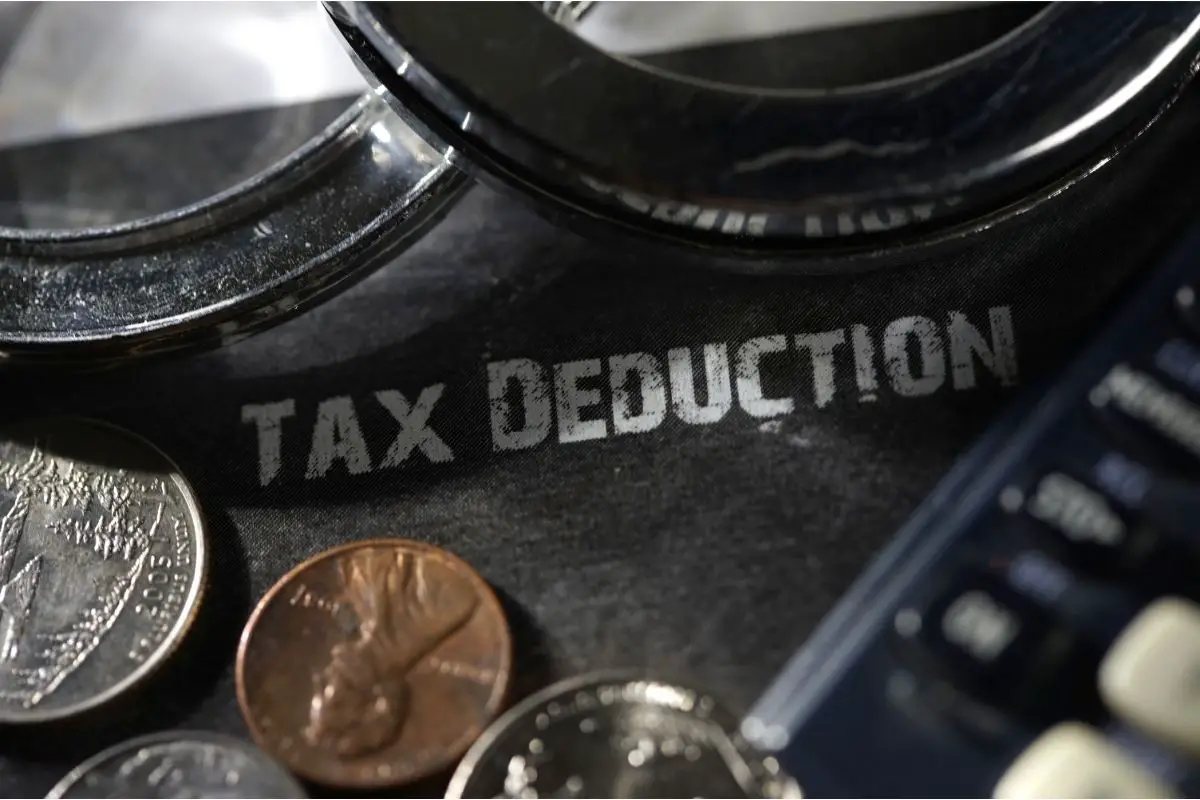There is a lot to think about when you’re filing out your taxes, hoping that you include every little thing that the Internal Revenue Service (the IRS, the body that collects your taxes) will need to know about.
Filing taxes can be especially difficult for people who have just bought a home, with lots of new things to think about come the end of the tax year.
One of these things is “closing costs.” Are they going to be tax deductible?

Well, we’ve got the answers for you. In our informative guide below, you’ll find out whether closing costs are going to be tax deductible.
On top of that, we’ll look at what closing costs actually are, and which ones are most definitely not going to be tax deductible. Read on!
Contents
Are Closing Costs Tax Deductible?
To begin with, let’s answer the main question outright. To put it simply, the truth is yes and no, because it all depends on various factors.
Working out tax deductions is always difficult for homeowners, because there’s a lot to account for, and this is no exception.
Therefore, it is best to find out the answer straight away, as soon as you’ve lined up the purchase of your new home.
Every taxpayer needs to list all taxes related to the house purchase as itemized deductions, as well as every related fee too.
Closing costs depend on each home, so there’s no overall answer.
To find whether the closing costs on your particular new home will be tax deductible, you should go to the IRS’s website and its tax deduction pages. You should find your specific circumstance there.
On top of that, you should have a look at the Form 1040, which is a tax form that you fill out every year. There should be information on that which will relate to your situation.
Most taxpayers will want to save as much money as they can, while still following the tax laws.
In order to save as much as you can, you will need to look up a few things and put the time into thinking about which route you take will save you the most.
What do we mean by this? Well, there are some cases where opting for a standard tax deduction will actually save you more than if you deducted the closing costs of your house purchase.
However, this can obviously go the other way, and you’ll need to know which is the case for you.
If you’re wondering what the standard tax deduction is, then it changes over time, altering year by year. The standard deduction for tax in the 2022 tax year is $12,950.
This is an increase of about $400 from the previous year, so you can see how much it changes over time.
On top of this, the number is different for married couples who are filing their taxes together. This “joint tax” deduction is $25,900.
This is an increase of $800 from the year before, so that one can change by an even bigger amount. Keep that in mind.
Which Closing Costs Are Tax Deductible?

There are a few closing costs that can be tax deducted, but you cannot deduct every single cost of closing on your house.
However, every house purchase has its own rules, so you need to check with an advisor to see if you will fit these. They are:
- Upon closing, the real estate taxes that you were charged can be deducted. On top of this, you can also deduct on real estate taxes that had been paid for by the mortgage lender.
- When you made the home purchase, the interest that you paid can be tax deducted.
- Upon closing, a sales tax is issued. This is tax deductible.
- When the cost was settled, the mortgage interest that you paid is later tax deductible.
- Loan origination fees – which we’ll go into in the next section.
What Are Loan Origination Fees?
From that list, you may be wondering what the final deductible possibility is.
Also known as a loan origination point, loan origination fees is the term given to what a lender will charge you when they underwrite your mortgage (which means then they sign your mortgage and accept liability).
These are essential to closing on your house, so you will have been aware of it when going through all that, with its large amount of verification paperwork.
The loan origination fee will usually be about 1% of the mortgage. As you can guess, these fees can be tax deductible.
However, like always, this depends on a number of factors. The main one of these is that you have to have bought your new home within a year of filing those taxes.
After that, you will only be able to deduct the fee when it meets certain conditions (you don’t have to meet every one).
One of these is if you used the loan in order to purchase this primary residence. Another one is if you have used the loan for your main place of residence.
The fee is also deductible if you did not pay the loan instead of extra fees for the house’s appraisal, paying property taxes or paying for an attorney.
Non-Deductible Closing Costs
Some costs are definitely not deductible. These include pre-closing rent for when you have moved into the place early, as well as any utility charges that were done before the move-in.
Additionally, title fees, transfer taxes, and attorney fees are not deductible.
Appraisal costs also don’t count, and nor do home inspections costs and fire/flood insurance.
Finally, reporting credit cost, real estate commissions, and mortgage refinancing can’t be deducted either.
Final Thoughts
Follow our guide carefully to find out which costs will be tax deductible or not.





